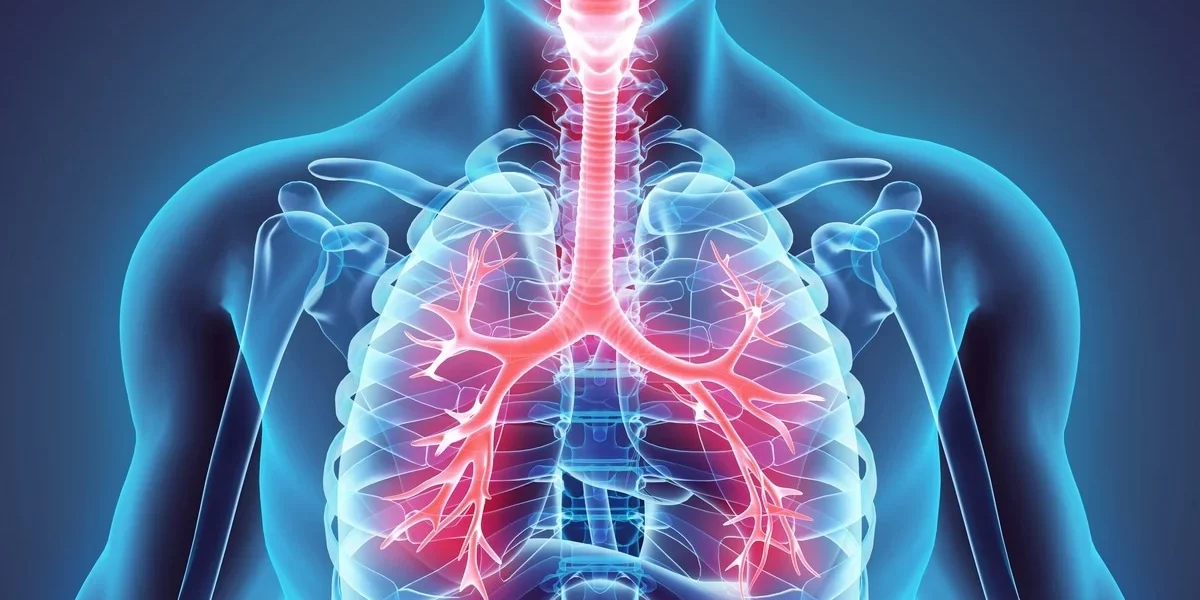Autoimmune diseases occur when the immune system, designed to protect the body from foreign invaders, mistakenly attacks its own tissues.1 This misdirected immune response can lead to a variety of health problems, affecting different organs and systems.2
Common Autoimmune Diseases
- Rheumatoid Arthritis (RA): A chronic inflammatory disease that primarily affects the joints.3
- Systemic Lupus Erythematosus (SLE):4 A systemic autoimmune disease that can affect multiple organs, including the skin, kidneys, heart, lungs, and brain.5
- Type 1 Diabetes: An autoimmune disease that destroys insulin-producing cells in the pancreas.6
- Multiple Sclerosis (MS): A disease that affects the central nervous system, causing damage to the myelin sheath that protects nerve fibers.7
- Inflammatory Bowel Disease (IBD): A group of inflammatory bowel diseases, including Crohn’s disease and ulcerative colitis.8
- Psoriasis: A chronic autoimmune skin condition that causes red, scaly patches on the skin.9
- Hashimoto’s Thyroiditis: An autoimmune disease that attacks the thyroid gland, leading to hypothyroidism.10
- Graves’ Disease: An autoimmune disease that causes the thyroid gland to produce too much thyroid hormone.11
Symptoms of Autoimmune Diseases
Symptoms of autoimmune diseases can vary widely depending on the specific condition and the organs affected.12 Some common symptoms include:
- Fatigue: Feeling tired and lacking energy.13
- Pain: Joint pain, muscle aches, or headaches.14
- Skin Problems: Rashes, sores, or hair loss.15
- Digestive Issues: Diarrhea, constipation, or abdominal pain.16
- Fever: Elevated body temperature.17
- Weight Changes: Unexplained weight loss or gain.
Managing Autoimmune Diseases
While there’s no cure for autoimmune diseases, effective management strategies can help alleviate symptoms and improve quality of life.18 Treatment options may include:
- Medications: Immunosuppressants, corticosteroids, and biologic therapies can help reduce inflammation and suppress the immune system.19
- Lifestyle Modifications: A healthy diet, regular exercise, and stress management can contribute to overall well-being.
- Alternative Therapies: Some people find relief through complementary therapies like acupuncture or meditation.20
If you experience persistent symptoms that may indicate an autoimmune disease, it’s important to consult with a healthcare professional for proper diagnosis and treatment. Early diagnosis and appropriate management can help you live a fulfilling life, despite the challenges of an autoimmune condition.




